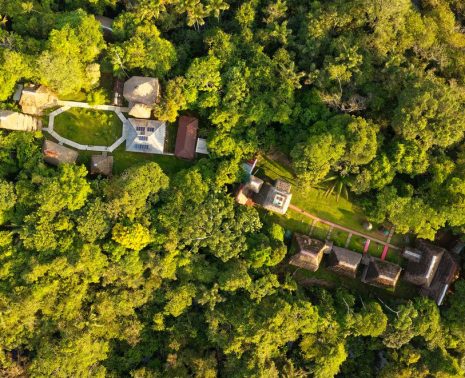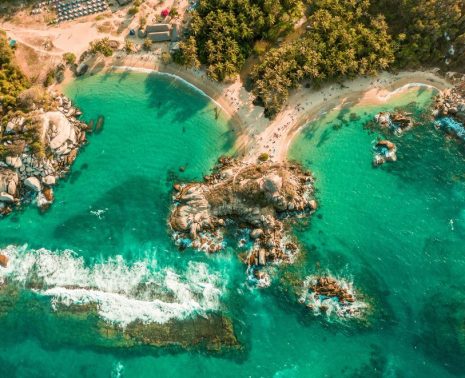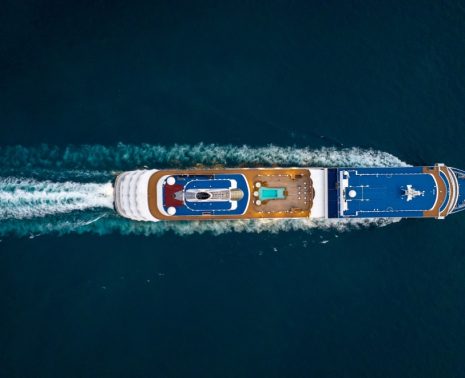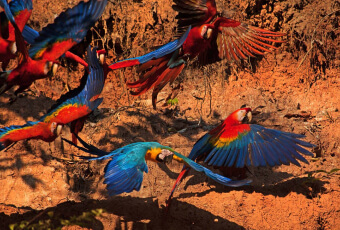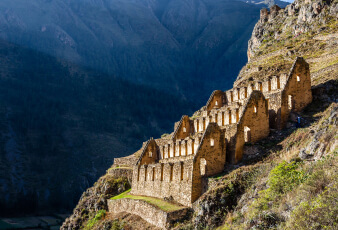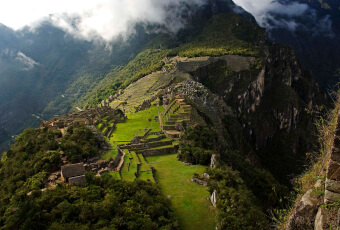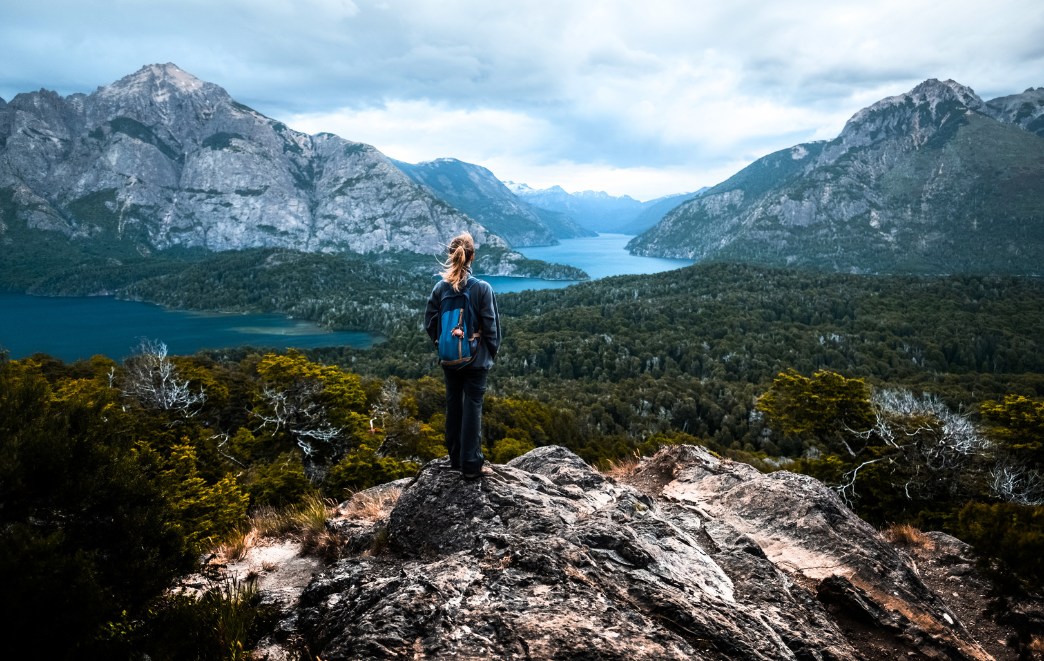
Patagonia, the remote wilderness of South America, is a land of vast glaciers, towering mountains, crystal-clear lakes, and a unique tapestry of flora and fauna. It is a region of unparalleled beauty and ecological significance, a treasure trove of natural wonders that must be preserved for generations to come through sustainable travel to Argentina.
Nestled at the southern tip of South America, Patagonia encompasses regions of both Chile and Argentina. Its unspoiled landscapes are home to countless rare and endangered species, many of which are not found anywhere else on Earth. Patagonia’s ecological significance is undeniable, with pristine ecosystems that are crucial for global biodiversity.
The Andes mountains dominate the Patagonian landscape, creating breathtaking vistas that draw travelers from all over the world. Among the many iconic natural wonders are the Perito Moreno Glacier, the Fitz Roy massif, the Torres del Paine National Park, and the Tierra del Fuego archipelago. These destinations offer unique opportunities for adventure, wildlife viewing, and cultural immersion.
As you embark on a journey to explore the wonders of Patagonia, you will not only bask in its awe-inspiring beauty but also embrace the responsibility of preserving it through sustainable travel practices. Read on to learn how to traverse Patagonia sustainably, most importantly, travel with a tour operator committed to sustainability. Reach out to Kuoda today to learn how to plan the most sustainable trip possible to the wondrous Patagonia.
The Importance of Sustainable Travel in Preserving Fragile Ecosystems
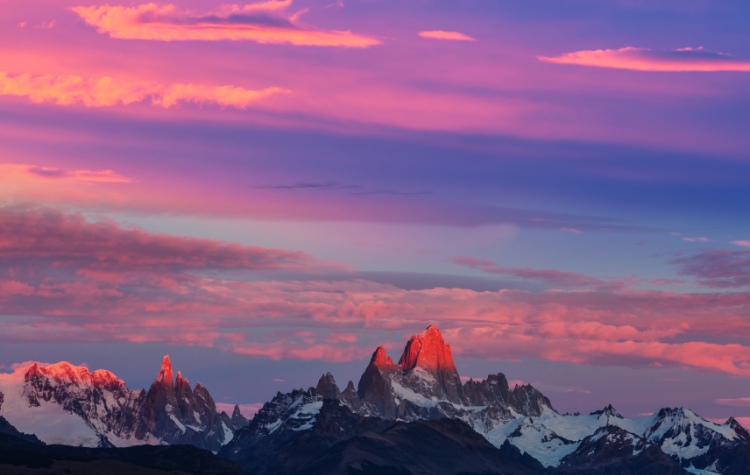
Exploring the beauty of Patagonia with a commitment to sustainable tourism.
The fragility of Patagonia’s ecosystems underscores the importance of sustainable travel. Irresponsible tourism practices can lead to habitat destruction, pollution, and the displacement of local wildlife. The footprints of unsustainable tourism can leave a lasting negative impact on the region’s biodiversity and overall environmental health.
To ensure that future generations can enjoy the pristine beauty of travel to Patagonia, travelers must commit to responsible and sustainable practices. The delicate balance between nature and humans in Patagonia can only be maintained if we take the utmost care in our exploration.
Showcasing Sustainable Travel Principles and Their Application in Patagonia
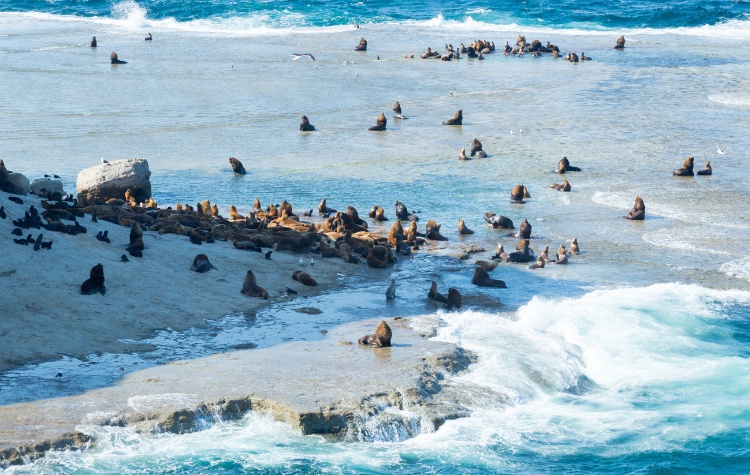
From penguins and sea lions on the Valdes Peninsula to the incredible Magellanic penguins of Punta Tombo.
Sustainable travel principles are the guiding ethos for responsible exploration in Patagonia.
Support Local Communities: Patagonia is not just about nature; it’s also about the people who call it home. Embrace cultural immersion by interacting with local communities, learning about their traditions, and purchasing local products. Kuoda’s tours often include opportunities to engage with indigenous communities and artisans.
Respect Wildlife: Observe wildlife from a respectful distance, without causing stress or disturbance. Many eco-tours in Patagonia include expert guides who prioritize ethical wildlife viewing.
Reduce Plastic Use: Patagonia’s remote location makes waste management challenging. Bring reusable water bottles and shopping bags to minimize single-use plastic consumption.
Contribute to Conservation: There are many organizations that support conservation efforts, preserving the region’s unique ecosystems and biodiversity. These organizations work to protect the natural beauty and cultural heritage of Patagonia. Some notable ones include:
Prioritize Sustainable Experiences:
Patagonia offers a wide range of sustainable experiences that allow travelers to immerse themselves in the region’s natural and cultural wonders while preserving its integrity. At Kuoda, we prioritize sustainable travel and make it our mission to ensure all of the experiences you embark upon with us have the maximum impact on the local economy, while having a minimal impact on the environment.
Wildlife Encounters: Patagonia is a paradise for wildlife enthusiasts. Explore the Valdes Peninsula to observe penguins, sea lions, and orcas, or visit Punta Tombo to witness the largest Magellanic penguin colony in South America.
Cultural Immersion: Engage with the indigenous Mapuche communities and learn about their ancient traditions, art, and way of life. Kuoda offers tours that include authentic cultural experiences, such as weaving workshops and traditional music performances.
Hiking and Trekking: Patagonia is renowned for its world-class trekking opportunities. Hike to the base of the Fitz Roy massif, explore the W Trek in Torres del Paine, or journey through the Beagle Channel. These experiences can be customized by Kuoda to suit different levels of fitness and adventure.
Adventure Sports: For the thrill-seekers, Patagonia offers activities like white-water rafting, kayaking, and rock climbing. Kuoda can help you enjoy these activities while adhering to safety and sustainability standards.
Eco-Friendly Accommodations in the Region and Their Conservation Efforts
Sustainable travel in Patagonia also involves choosing accommodations that prioritize eco-friendliness and conservation. Kuoda partners with lodges, hotels, and hostels that are committed to environmental responsibility. Some of the eco-friendly accommodations you can consider include:
Eco-Lodges: These lodges are designed to minimize their environmental impact. They often utilize renewable energy sources, have efficient water and waste management systems, and provide guests with opportunities to learn about the local ecosystems.
Homestays: Staying with local families not only offers a unique cultural experience but also supports the local economy. It’s a chance to immerse yourself in Patagonian life and learn about traditional practices.
Glamping: Experience the wilderness in comfort with eco-conscious glamping options. These luxury tents and cabins are often situated in remote, pristine locations and offer a comfortable and sustainable way to connect with nature.
Spotlight on Patagonian Conservation Initiatives and Projects
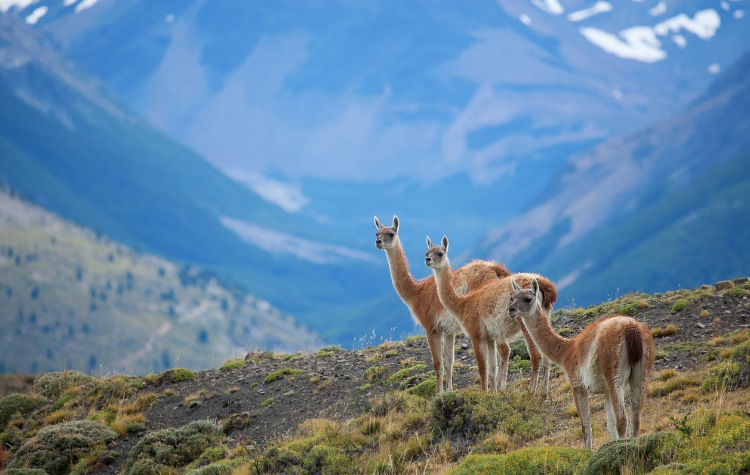
Dedicated initiatives like Tompkins Conservation, rewilding projects, and conservation partnerships are the pillars of preserving this unique ecosystem.
Conservation initiatives in Patagonia are crucial to preserving its unique ecosystems. Many organizations and projects are working tirelessly to protect the region’s biodiversity. Here are a few notable initiatives:
Tompkins Conservation: Founded by the late Doug Tompkins and his wife Kristine, this organization has contributed to the creation of national parks and protected areas in both Chile and Argentina. Their efforts have resulted in the conservation of millions of acres of pristine wilderness.
Rewilding Projects: Conservationists are working to reintroduce native species that were once extirpated from the region. The reintroduction of animals like the giant anteater and the jaguar is an ongoing project that aims to restore the natural balance of Patagonia.
Conservation Partnerships: Many tour operators, including Kuoda, partner with local conservation organizations to support their efforts. Your journey through Patagonia can directly contribute to these initiatives.
Practical Tips for Responsible and Low-Impact Travel in Patagonia
Some practical tips that Kuoda encourages to ensure your journey respects and protects its natural and cultural treasures:
Pack Light and Responsibly: Bring reusable items, minimize single-use plastics, and follow the Leave No Trace principles. Kuoda provides packing lists that encourage sustainable choices.
Conserve Water and Energy: Water is a precious resource in Patagonia, so use it sparingly. Turn off lights and heating when not needed in your accommodations.
Support Local Businesses: Choose local restaurants and shops to support the community. By doing so, you can contribute to the local economy and reduce your carbon footprint.
Respect Wildlife: Follow the guidance of your guides when observing wildlife, and never feed or approach animals. Keep a safe distance and use binoculars or cameras with zoom lenses for close-up views.
Patagonia is a region of unparalleled beauty and ecological significance, but its fragility demands responsible and sustainable exploration. Kuoda, along with other eco-conscious tour operators, offers travelers the chance to immerse themselves in Patagonia’s wonders while leaving a positive impact on the environment and local communities.
As you embark on your journey through Patagonia, remember the importance of sustainable travel principles and the role you play in preserving this unique and awe-inspiring landscape. Embrace the responsibility of protecting and respecting Patagonia’s natural and cultural treasures, and leave behind only footprints of admiration and gratitude. In doing so, we ensure that the magic of Patagonia endures for generations to come. Get in touch with us today to start planning your sustainable travels to Patagonia.
9 Wildlife Conservation Programs For Your Travel To The Amazon Rainforest
The Amazon Rainforest, often referred to as the "Lungs of the Earth," is a vast and ecologically critical expa...
Read PostThe Most Sustainable Destinations in South America To Visit in 2024
Sustainable travel to South America is critical in ensuring the destination, its biodiversity and rich culture...
Read PostCruising Sustainably: Eco-Friendly Cruises in South America
Imagine cruising through the Amazon Rainforest and going piranha fishing or sailing through the majestic icy f...
Read Post

 Call
Call 







